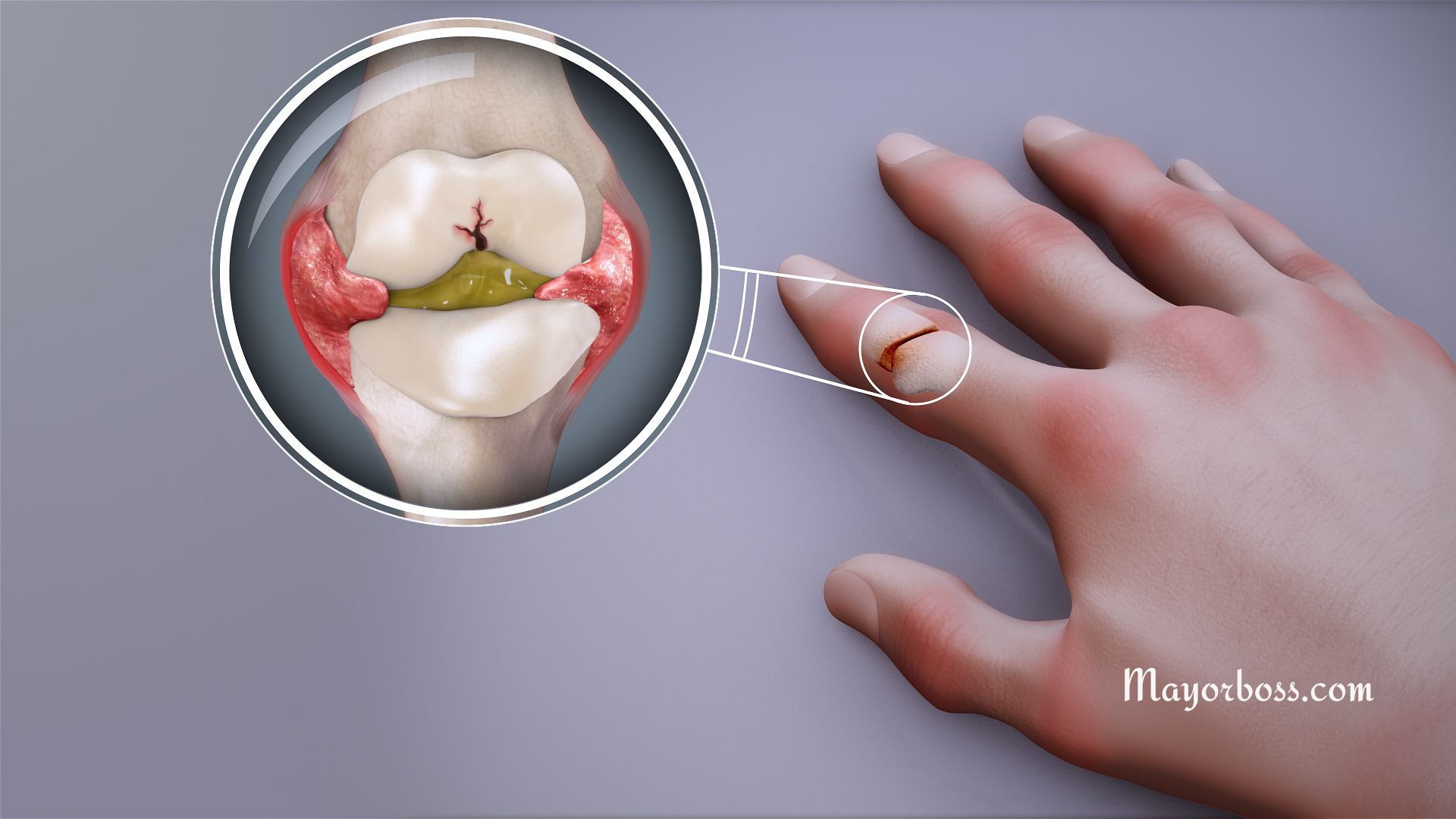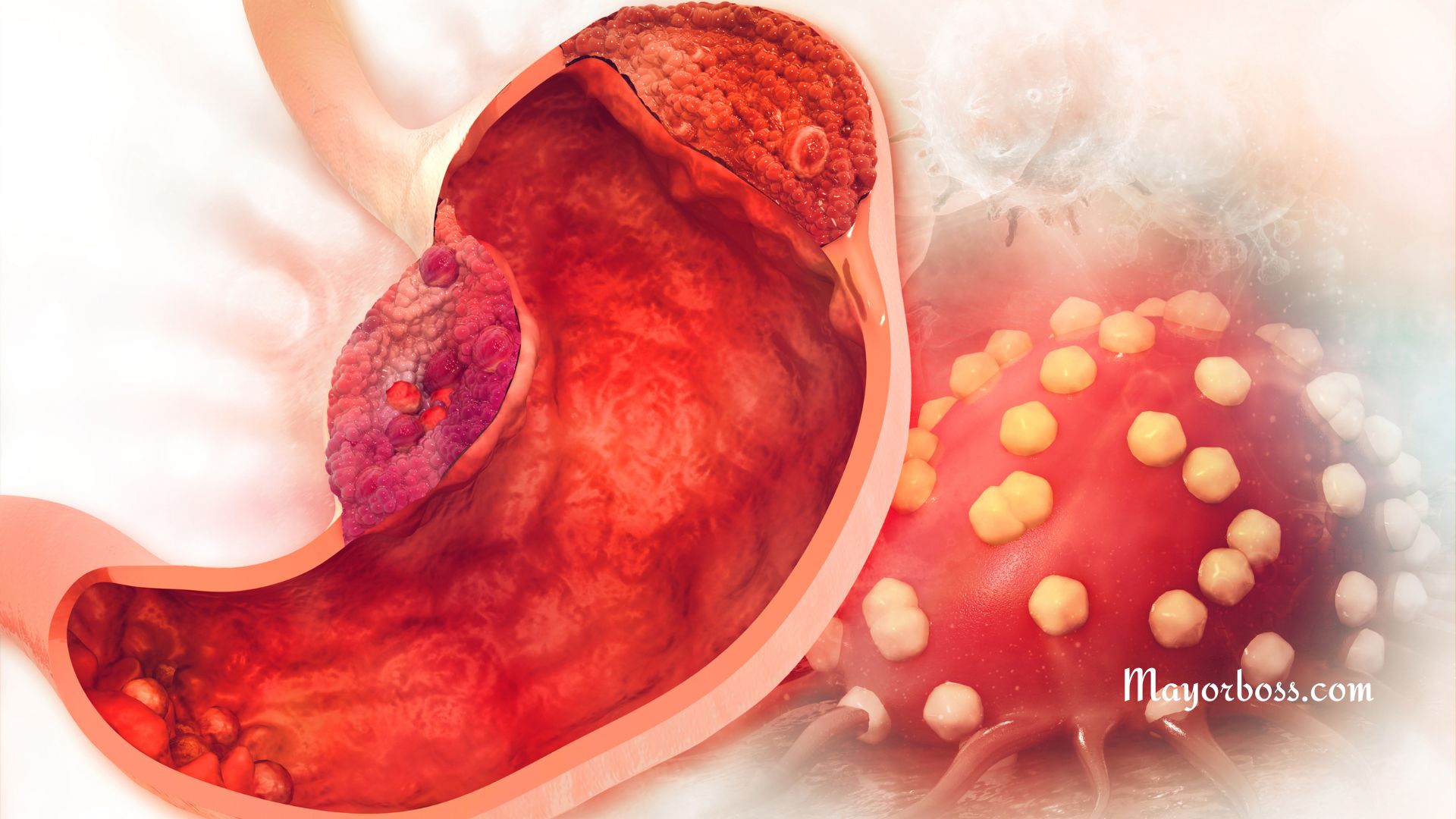Graves’ Disease
Brief summary: Graves’ disease is an immune system disorder that can cause the thyroid gland in your neck to produce too much thyroid hormone. This can lead to symptoms like a fast heartbeat, weight loss, and anxiety. People with Graves’ disease often have a swollen thyroid and may experience eye problems. Treatment typically involves medication, radiation therapy, or surgery.
What Is Graves’ Disease?
Graves’ disease is a condition where your immune system attacks the thyroid gland. The thyroid is a butterfly-shaped gland in your neck, and it plays a vital role in controlling how your body uses energy. When this gland makes too much thyroid hormone, it can cause a lot of health problems.

What Causes Graves’ Disease?
No one knows exactly what causes Graves’ disease, but some things might make you more likely to get it. These include:
- Family history: If someone in your family has had thyroid problems, you might be at risk too.
- Being a woman: Women are more likely to get Graves’ disease than men.
- Stress: Some researchers think that stress might play a role in causing this condition.
Symptoms of Graves’ Disease
If you have Graves’ disease, you might notice some or all of the following symptoms:
- Feeling jittery or nervous
- Losing weight without trying
- Having trouble sleeping
- Feeling very tired
- Rapid or irregular heartbeat
- Increased sensitivity to heat
- Changes in menstrual cycles
- Frequent bowel movements or diarrhea
- Trembling hands or fingers
- Thick, red skin on the shins or tops of the feet
- Eye problems, such as red or bulging eyes, dry or gritty eyes, and double vision
- Swollen thyroid, which may appear as a lump in the neck
These symptoms can range from mild to severe, and not everyone with Graves’ disease will experience all of them. If you notice any of these signs, it’s a good idea to talk to a healthcare provider, as they can help diagnose and treat this condition.
How Is Graves’ Disease Diagnosed?
Doctors diagnose Graves’ disease through blood tests, physical exams, and sometimes other tests like ultrasound or a scan of your thyroid. The doctor will look for signs of too much thyroid hormone in your blood and check your thyroid gland.
Treatment for Graves’ Disease
Treating Graves’ disease often involves a combination of approaches to manage the symptoms and underlying causes. Here’s a closer look at the main treatment methods:
Medication
Medications known as antithyroid drugs are often prescribed to reduce the production of thyroid hormones. Two common types include:
- Methimazole: This medication is commonly used to reduce thyroid hormone levels. It’s typically taken in pill form.
- Beta-blockers: These might be prescribed to control symptoms like rapid heart rate and anxiety.
Your doctor will monitor your thyroid hormone levels regularly to make sure the medication is working and adjust the dosage if needed.
Radiation Therapy (Radioactive Iodine Therapy)
Radioactive iodine therapy is a treatment that uses small amounts of radioactive iodine to destroy overactive thyroid cells. Here’s how it works:
- You take a pill or liquid containing radioactive iodine.
- The thyroid gland absorbs the iodine, and the radioactive part destroys the overactive cells.
- Over time, this helps to reduce thyroid hormone levels to normal.
This treatment is often effective but might lead to an underactive thyroid, requiring ongoing thyroid hormone replacement therapy.
Surgery (Thyroidectomy)
In some situations, surgery to remove part or all of the thyroid gland (thyroidectomy) might be recommended. This could be the case if:
- You have a large goiter that’s uncomfortable or causes breathing difficulties.
- You’re pregnant and cannot take antithyroid medications.
- Other treatments haven’t been effective.
After surgery, you might need to take thyroid hormone replacement medication for the rest of your life to maintain normal hormone levels.
Eye Care
Since Graves’ disease can affect the eyes, specialized treatments might be needed to address eye symptoms. These can include:
- Artificial tears: To relieve dry eyes.
- Eye drops or ointments: To reduce inflammation.
- Sunglasses: To protect sensitive eyes from light.
- Surgery or other procedures: In severe cases, to correct eye positioning or relieve pressure.
Lifestyle and Support
Managing Graves’ disease might also include lifestyle changes and support from healthcare professionals, friends, and family. This can encompass:
- Regular follow-ups: To monitor your condition and adjust treatment as needed.
- Healthy eating and exercise: To support overall well-being.
- Stress management techniques: Such as relaxation exercises or therapy.
Each person’s experience with Graves’ disease is unique, and your healthcare provider will work closely with you to develop a treatment plan tailored to your specific needs and symptoms. It’s essential to maintain open communication with your healthcare team and follow their instructions carefully, as this will help you manage Graves’ disease effectively and lead a healthy life.
Living with Graves’ Disease
Living with Graves’ disease can be challenging, but with the right treatment and care, you can manage the symptoms. Following your doctor’s advice, taking your medication as prescribed, and keeping up with regular check-ups will help you feel better. If you ever feel overwhelmed, don’t hesitate to reach out to friends, family, or professionals who can support you on this journey.
Frequently Asked Questions
What Triggers Graves’ Disease?
The precise cause of Graves’ disease is unknown, but it’s believed to be a combination of genetic factors and environmental triggers, such as stress or infections. The immune system mistakenly targets the thyroid gland, causing it to produce too much thyroid hormone.
Can Graves’ Disease Be Cured?
While there is no cure for Graves’ disease, the condition can be effectively managed with proper treatment. Options like medication, radiation therapy, or surgery can control the symptoms and normalize thyroid hormone levels. Ongoing monitoring and care are usually required.
Is Graves’ Disease Contagious?
No, Graves’ disease is not contagious. It’s an autoimmune disorder, meaning it results from an abnormal response of the immune system. You cannot catch it from someone else or pass it on to others.
How Does Graves’ Disease Affect Pregnancy?
Graves’ disease can complicate pregnancy if not managed properly. It may lead to problems like preterm birth or low birth weight. However, with careful monitoring and treatment, most women with Graves’ disease can have a healthy pregnancy. If you’re planning to become pregnant and have Graves’ disease, consult with your healthcare provider to ensure proper care.
Can Children Get Graves’ Disease?
Yes, children can develop Graves’ disease, although it’s more common in adults. Symptoms in children might include hyperactivity, difficulty in school, rapid growth, and early puberty. Prompt diagnosis and treatment are vital to prevent complications and support healthy development.






